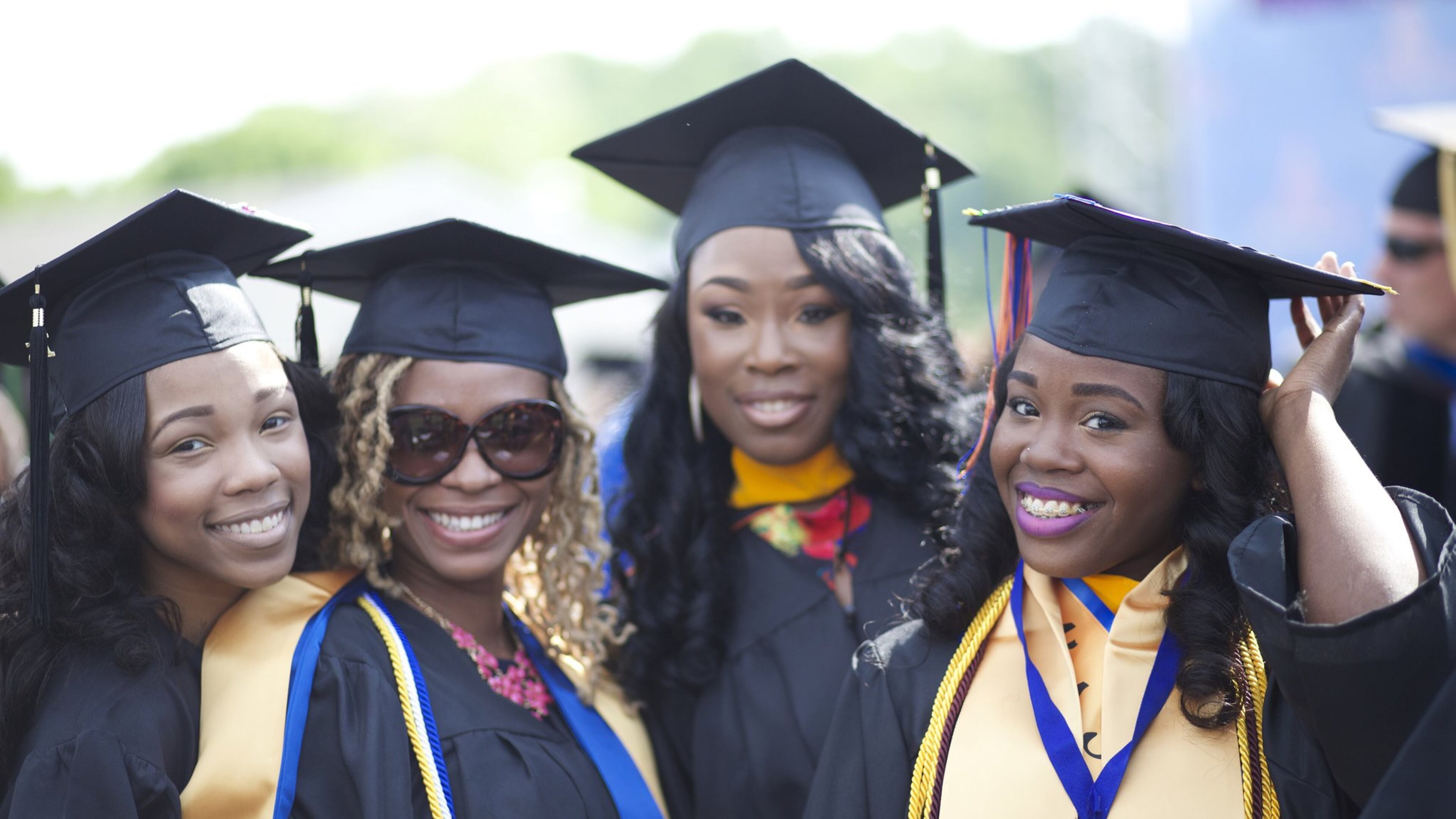5 questions with new HBCU documentary director Stanley Nelson

As a documentary filmmaker, Stanley Nelson has long trained his lens on the black experience in America.
From his early film, “Soldiers Without Swords,” which laid out the history of the independent African-American press, to his unflinching look at the murder of Emmett Till, Nelson has explored the triumphs and nadirs, joys and controversies that have been part of black America. His takes have earned him three Emmys and a MacArthur “genius” grant.
This Monday, Stanley adds to the list an examination of one of the foundations of the African-American community: historically black colleges and universities. Nelson’s new film, “Tell Them We Are Rising: The Story of Black Colleges and Universities,” is something of a primer for those who know little about HBCUs. Yet, with its wealth of archival footage and interviews with current HBCU students, it is also a love letter to institutions that have continued to graduate a high percentage of black people who go on to become professionals, politicians, athletes and entertainers.
RELATED | The AJC series HBCUs: A Threatened Heritage

We caught up with Nelson, who recently previewed his film in Atlanta, and talked with him about trying to strike the right tone in telling the story of one of the nation’s cornerstone institutions.
AJC: You begin not with the first educational institutions, but with the period of African-American enslavement. Why was it important to start there?
Nelson: One of the things I knew going in was that we wanted to set up early on was the period of slavery and what the denial of an education during that time had done to later generations. This is the frame on which this story stood.
AJC: The film is not kind to Booker T. Washington, the famed founder of Tuskegee Institute, now Tuskegee University. In fact, one scholar quoted in the film says that in establishing the school, he sought to create a form of “neo-slavery,” that would make white people comfortable and black people subservient.
Nelson: Well, what do you want me to say? What Booker T. was saying was not exactly wrong, in that black people needed skills to survive after Emancipation. But he was talking about skills, not an education where they could compete. What happened was that message was taken up by Southern planters and Northern aristocrats, and they began to pour money into the school.
AJC: So many people talk about the massacre at Kent State University, a predominantly white institution, and its iconic place in the history of the anti-Vietnam War movement. The National Guard was called in and shot students. But not many people know about the massacre at Southern University, an HBCU in Baton Rouge, which you highlight. Two students were shot dead by state police during a protest demanding a greater say in university policymaking.
Nelson: We decided we could tell a story of students looking inward in order to show the changes going on outside the school affecting the country as a whole. There's this idea traditionally that black colleges have administrations that are conservative. But students are progressive and it's students who pulled institutions forward like Southern. That's the role of students at black colleges: to get an education and push for equality in this country.

AJC: There are people to this day who think that if a student attends an HBCU, they might not be strong students or that HBCUs aren’t academically rigorous.
Nelson: People are welcome to their feelings, but I don't care. For the people in the know, there is not this misconception. Apple and other big corporations, they have relationships with these HBCUs and they know the talent is there. They see it and they invest in it.
AJC: How did you pick which schools to feature?
Nelson: It was more that we were choosing stories. With 130 or so schools, we can't cover all of them. We can't even come close. So, let's tell stories and we'll come up with a feeling of what HBCUs are all about.
TV PREVIEW
“Tell Them We Are Rising: The Story of Black Colleges and Universities,” 9 p.m. Monday, GPB


